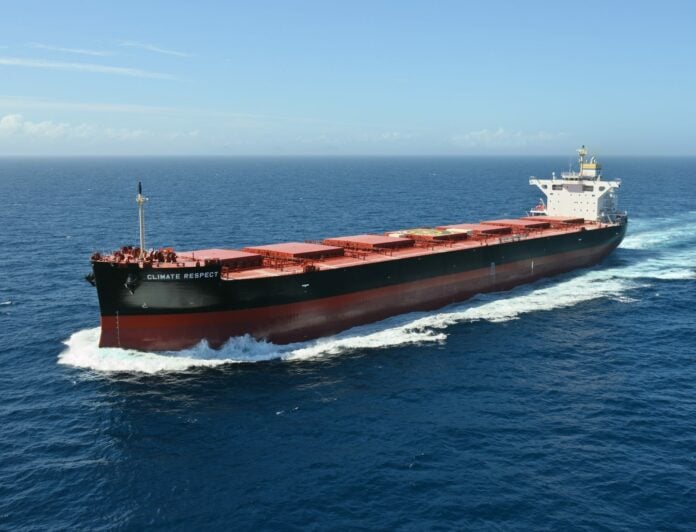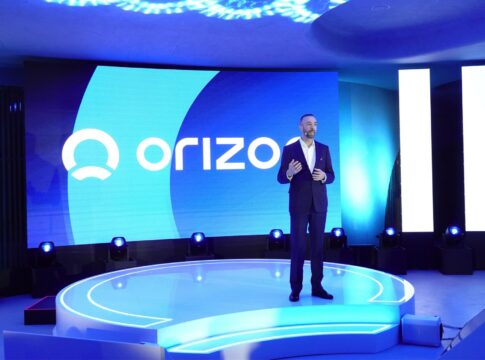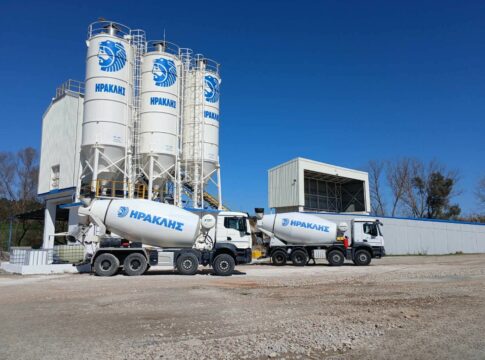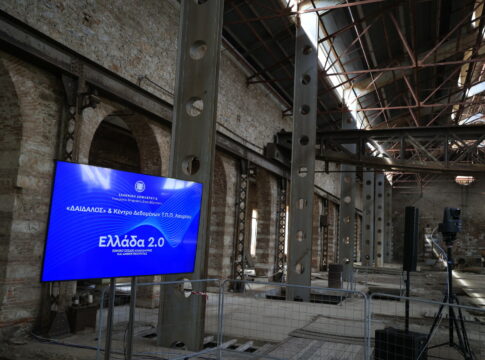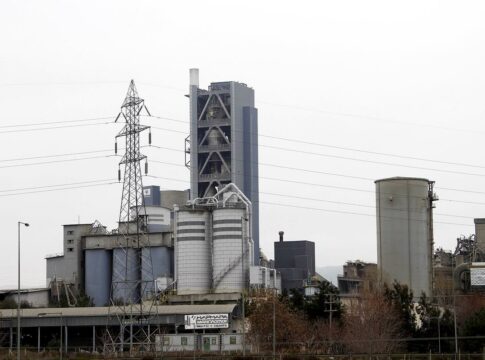Safe Bulkers expects that beginning from next decade alternative green fuels will enter to the shipping industry. This is pointed out in an interview with Naftemporiki by Dr. Loukas Barbaris, the president of the shipping company listed on the American stock exchange.
The company which operates in the field of bulk carriers is running a shipbuilding program for 12 newly built ships, while once the program is completed in 2025, it will have 24 high energy efficiency bulkers in its fleet.
Dr. Barbaris also comments on the new systems that are constantly being developed to reduce energy consumption on ships. As he typically emphasizes: “All this is under study. Such investments require very large capital and we do not know with the current state of the market if they are sustainable.”
The dry bulk market has moved to high levels since 2021. However, as the president of Safe Bulkers points out, the Ukraine crisis and the decrease in the growth rate have affected the market. However, the “market prospects are satisfactory for those companies that invest in environmental technologies such as Safe Bulkers,” he highlights.
For the new regulations that have come into force this year, such as the energy efficiency index, Dr. Barbaris emphasizes to Naftemporiki: “We believe that the Carbon Intensity Index (CII) regulation can provide a basis for the gradual reduction of global carbon dioxide emissions, while after 2026, it will be gradually tightened leading to the replacement of many energy-intensive ships.”
It is pointed out that the company recorded revenues of $349.7 million in 2022, compared to $329 million in 2021, an increase of 6.29%. At the same time, its net profits in 2022 amounted to $172.6 million. At the level of the fourth quarter, it had revenues of $86.7 million, and net profits in the same period amounted to $34.9 million.
The investments
Safe Bulkers has ordered the construction of a total of 12 newbuild ships with the most modern environmental specifications regarding the reduced emission of greenhouse gases (EEDI – Phase 3) and nitrogen oxides (Nox-Tier III), of which we have already received three. The receipts of the rest will be completed by 2025. With the completion of the newbuildings, the Company will have a total of 24 high energy efficient ships.
Regarding the existing fleet, according to Mr. Barbaris, “we have already made significant investments in the environmental upgrading of the existing fleet, which mainly concern the application of new technology surface paints. We have also completed the installation of Marine Ballast Management System (BWTS) on all existing vessels in our fleet and scrubbers on 19 vessels while we have ordered four more scrubbers for the Capesize, with the aim of being installed by 2024. In total, by the end of 2023 we will have completed energy upgrade investments in 20 existing ships of the fleet”.
Increased fares
With the company’s high energy efficiency ships, four tons of fuel are saved per day at a speed of 12 knots. Savings in fuel consumption is a tangible competitive commercial advantage, notes the chairman of Safe Bulkers, adding that this translates into increased freight rates for the company and an improvement in its environmental footprint.
The prospects
The outlook for the dry bulk freight market will depend on the growth of the global economy combined with China’s support packages to stimulate the domestic economy and develop infrastructure projects. On the other hand, the relatively low number of orders (orderbook) and the hesitation for new orders are positive. Today, underlines dr. Loukas Barbaris, interest rates still remain at high levels and the global economy is not growing at the pace we would like, which does not favor the market of bulk carriers. In the long term we believe that the market prospects are satisfactory for those companies that invest in environmental technologies such as Safe bulkers.
Finally, the company carefully studies the developments in alternative fuels. “As you understand, first the shipyards should develop the design of the ships, but also the internal combustion engines with alternative fuels with a reduced environmental footprint (methanol, ammonia or LNG). We believe that beyond the pilot programs, alternative fuels will enter the market in the next decade,” points out the president of Safe Bulkers.


